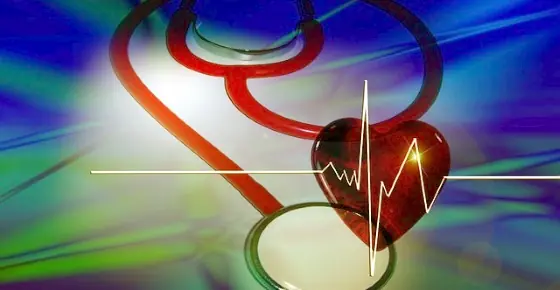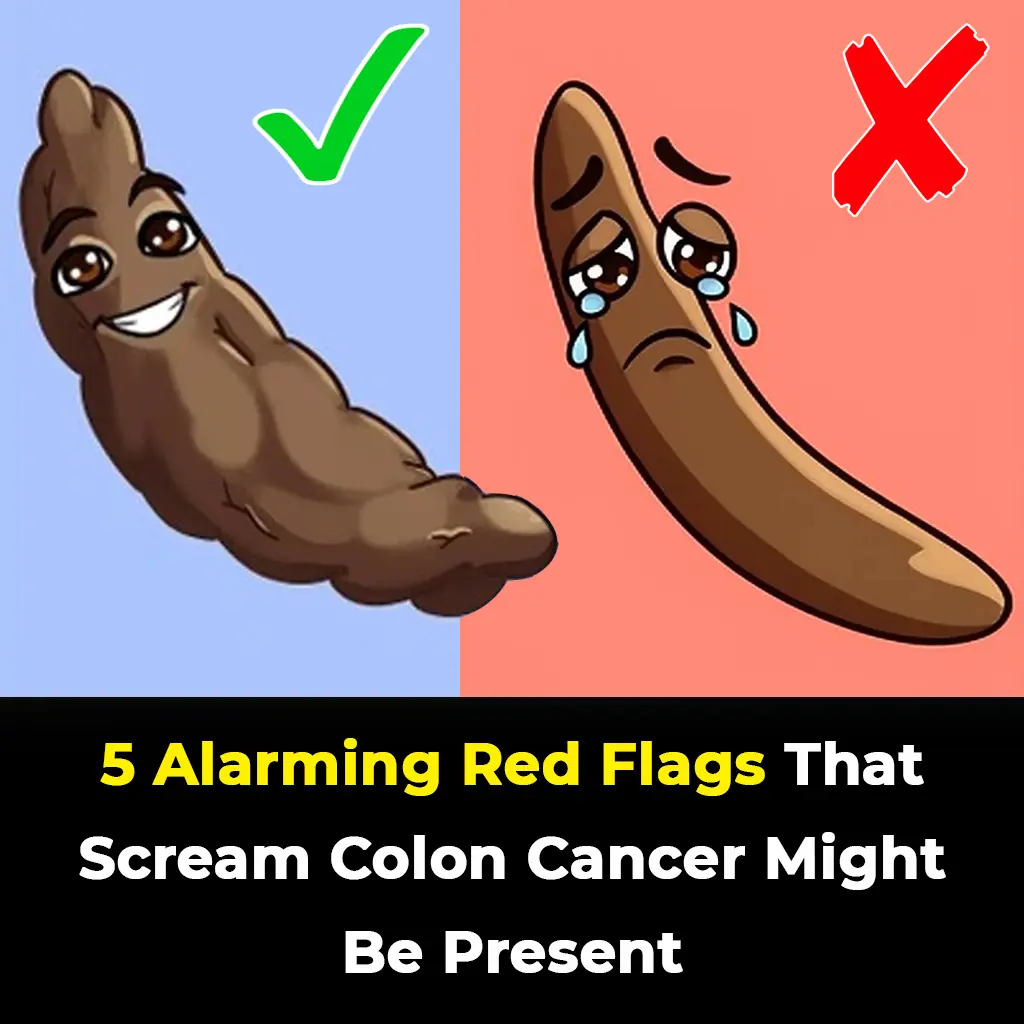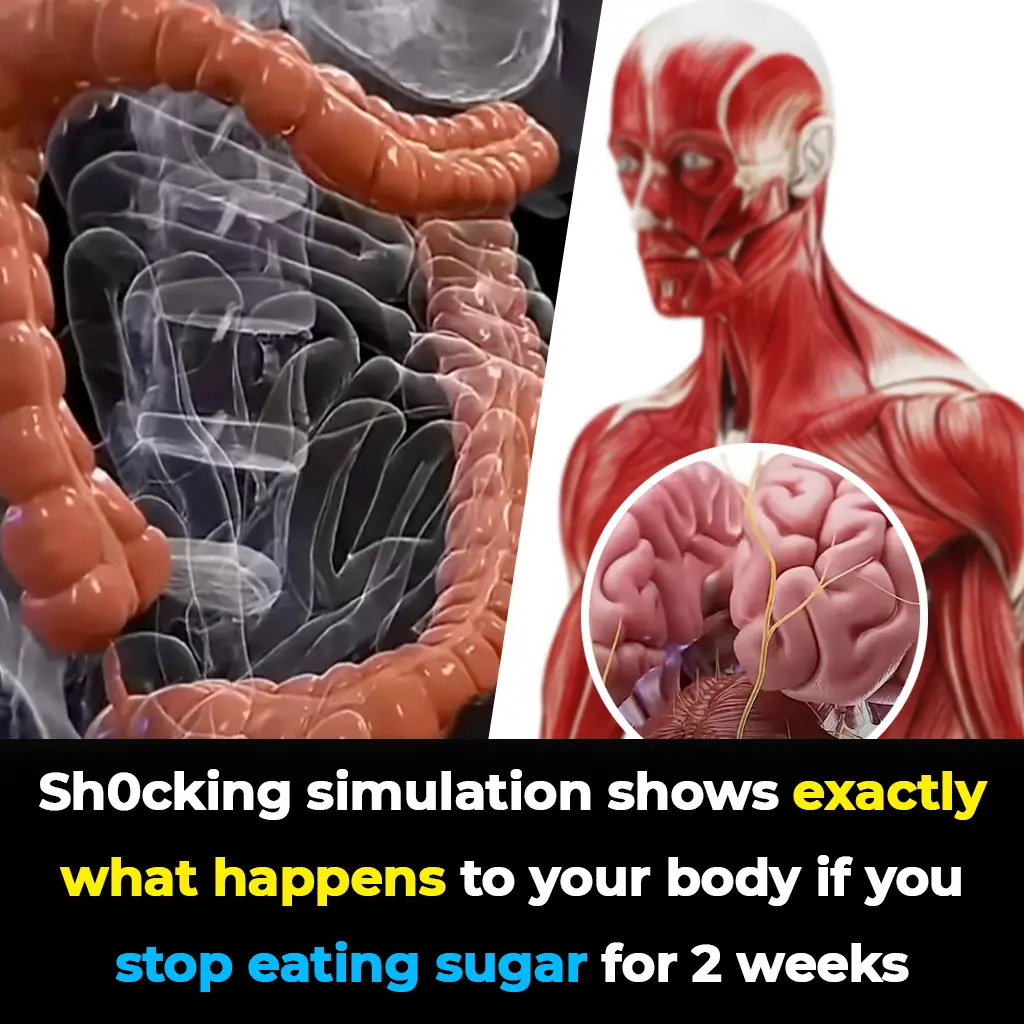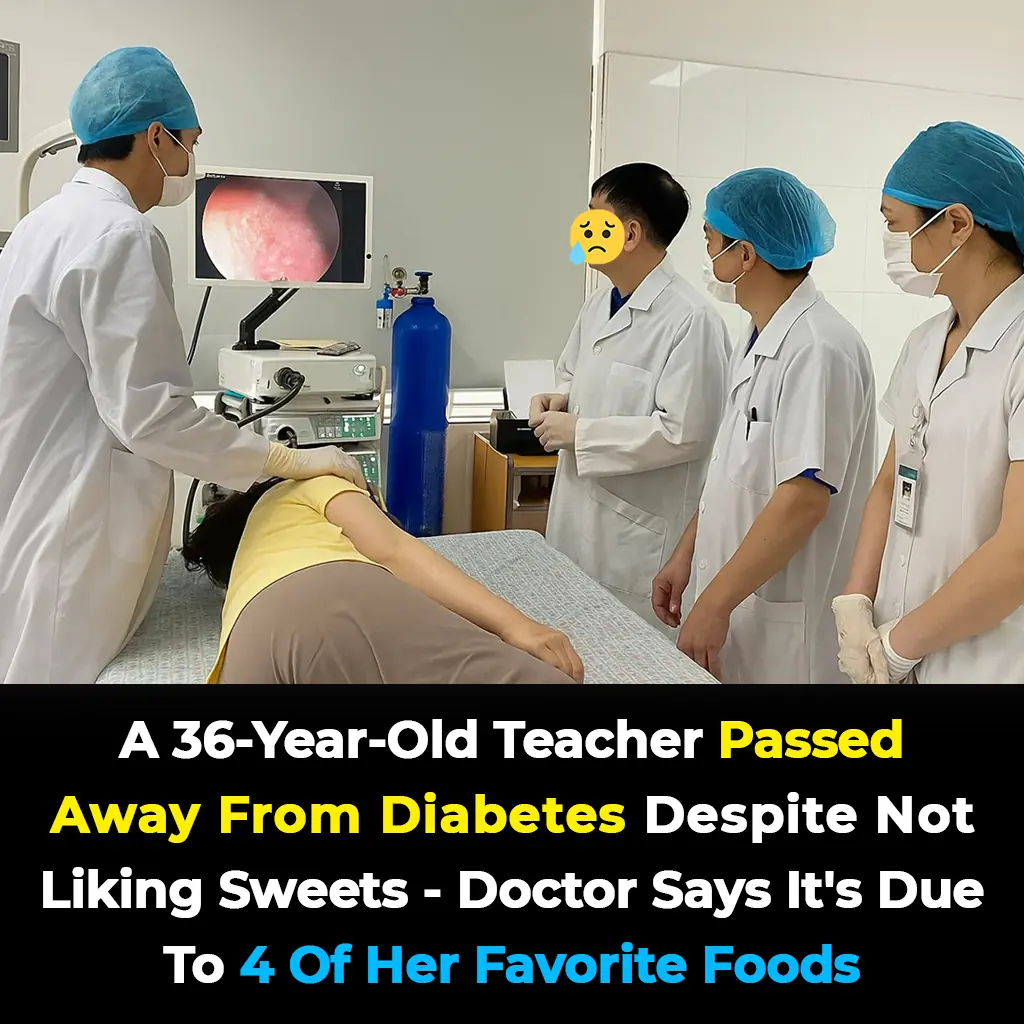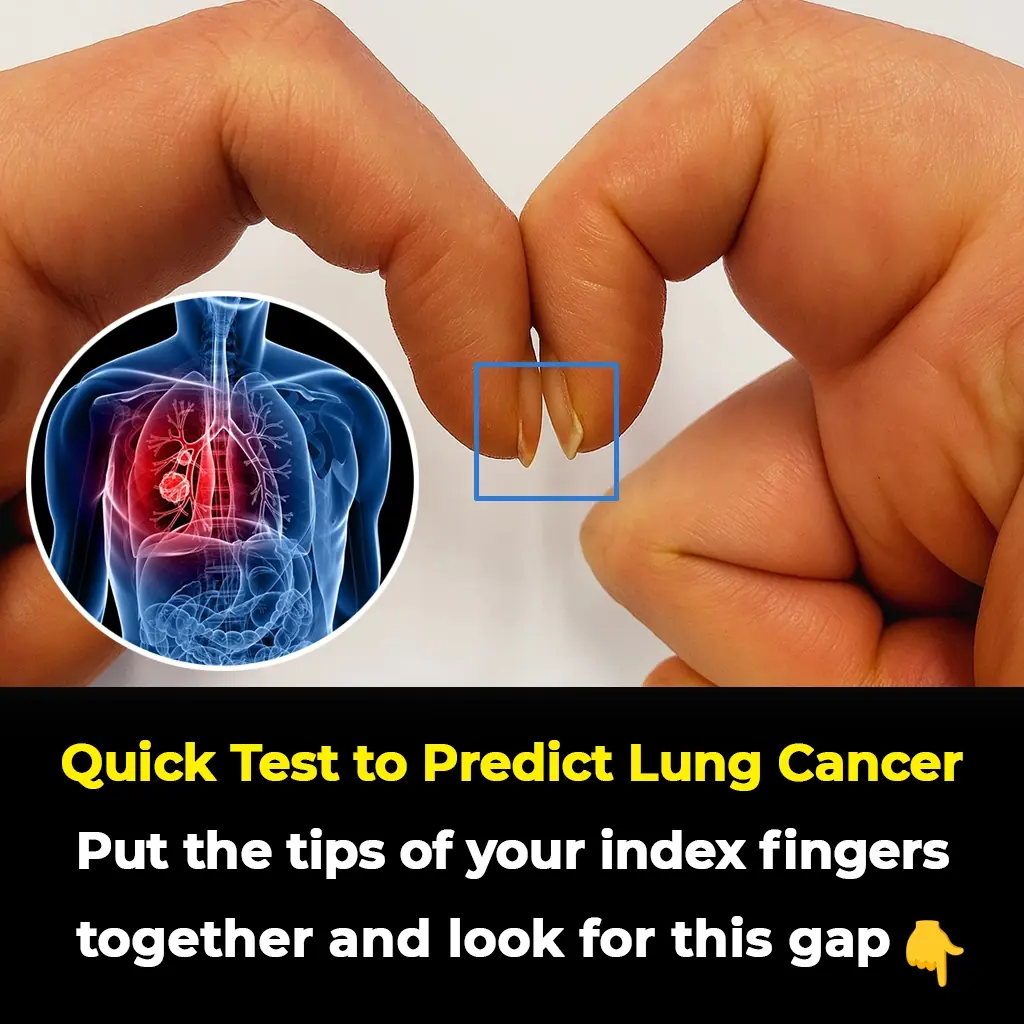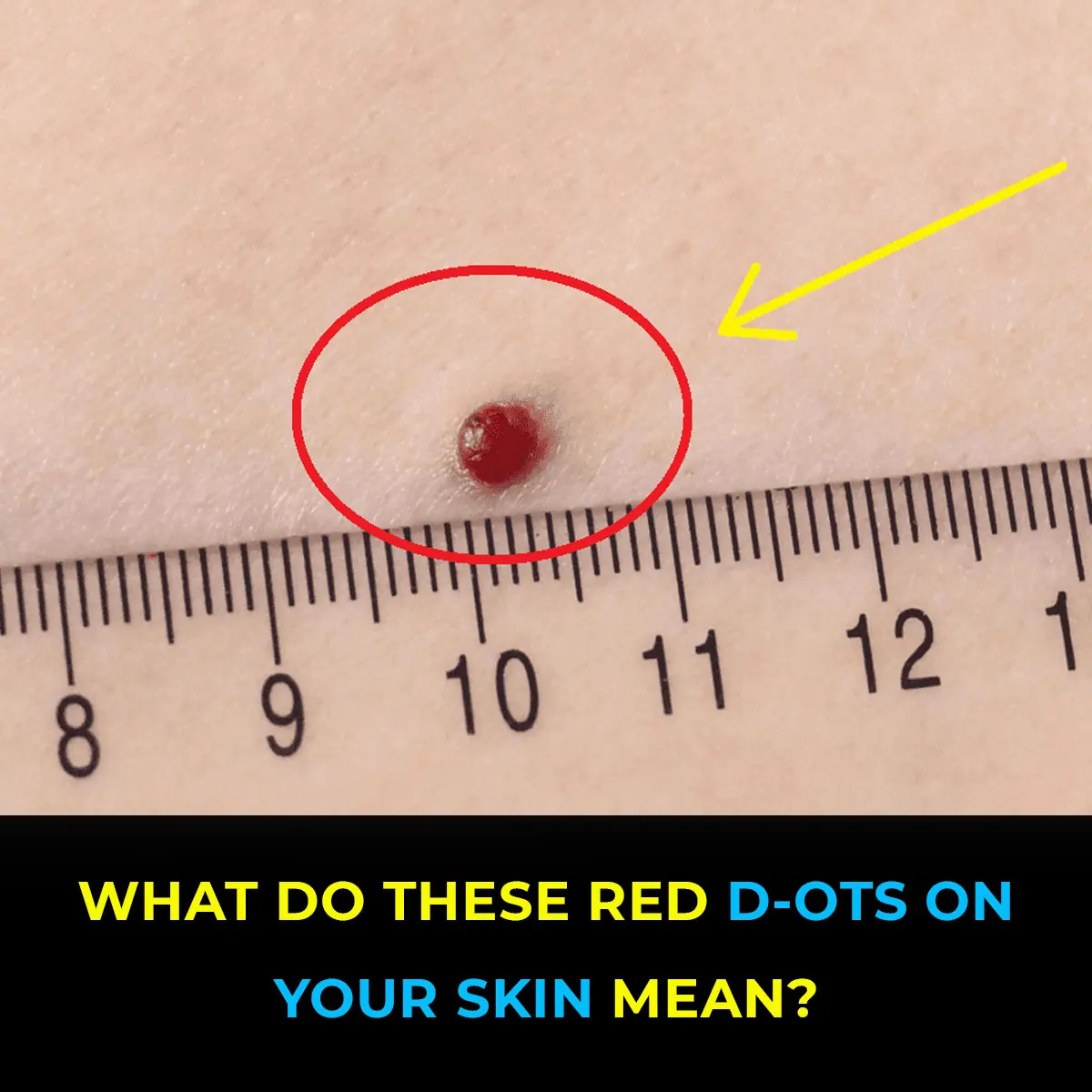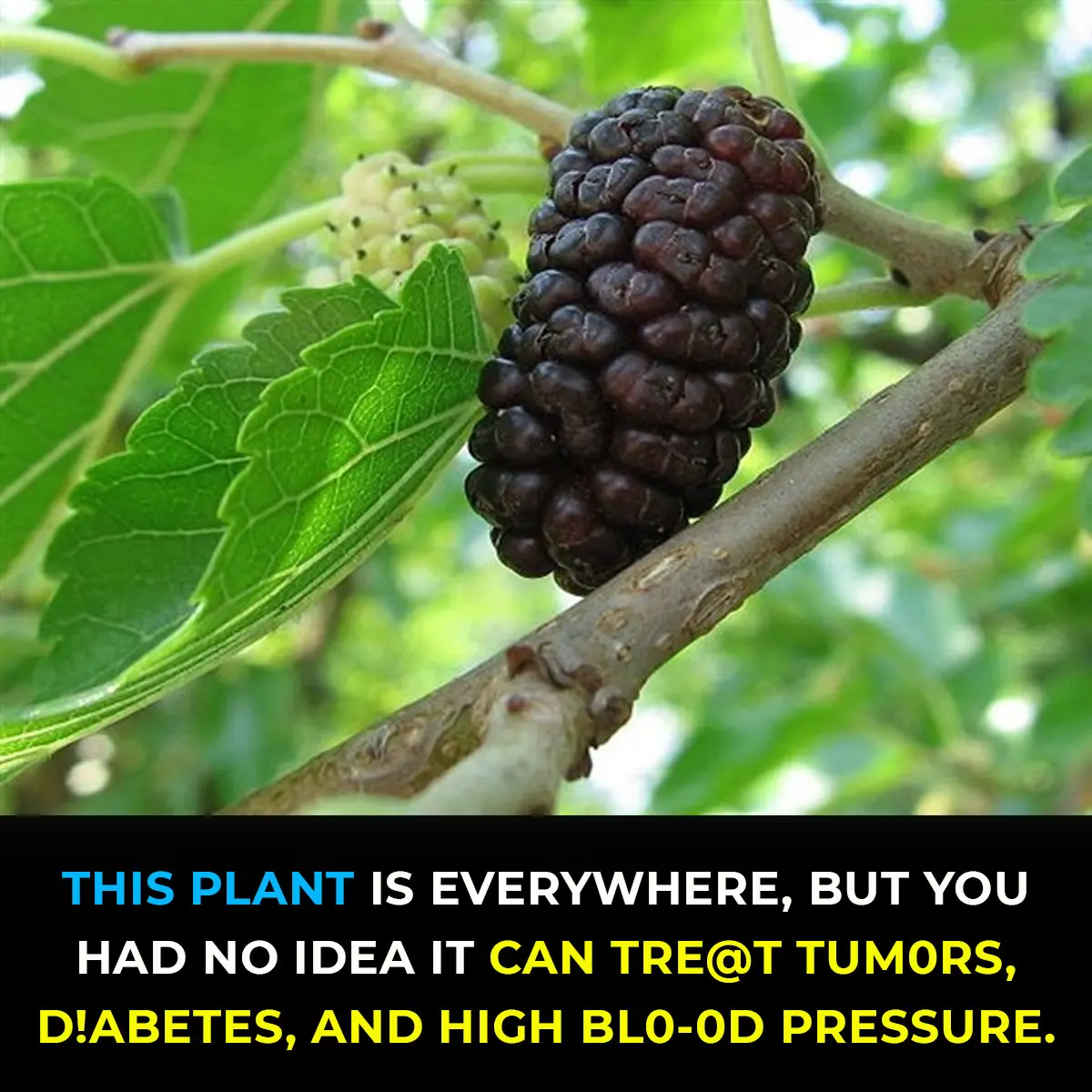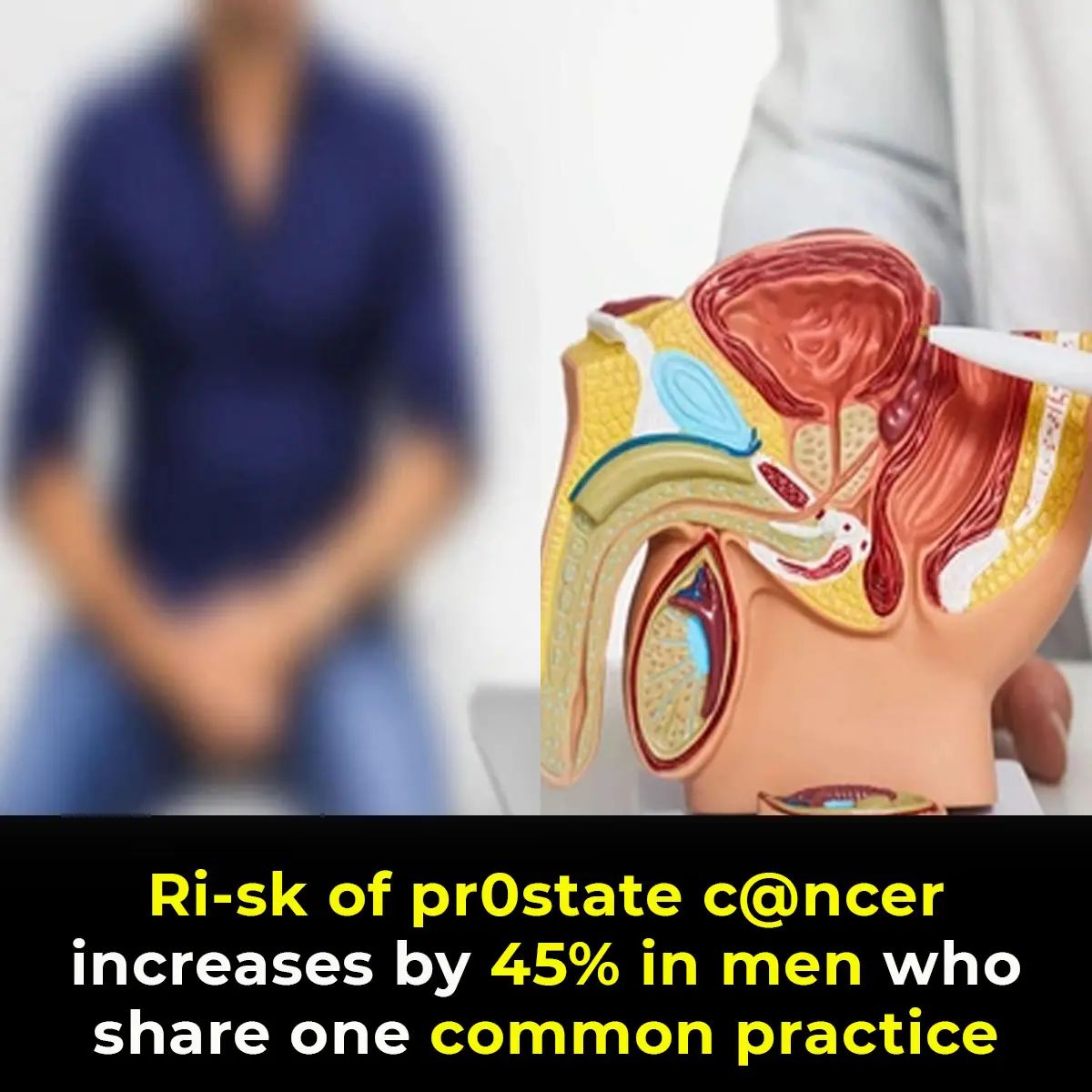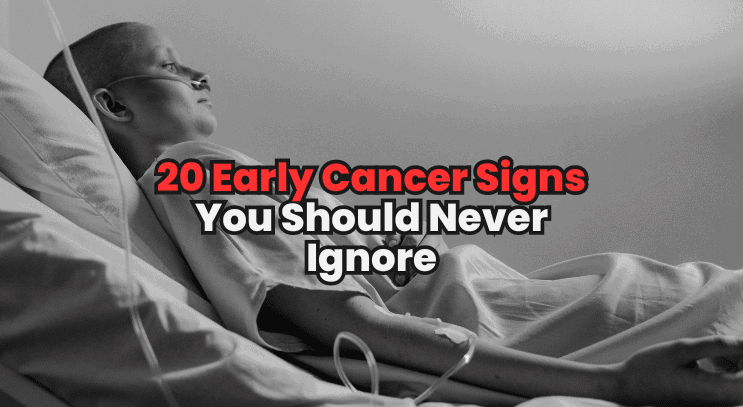
Cancer is a life-threatening disease that affects millions of people around the world each year. While advancements in treatment have improved survival rates, early detection remains one of the most critical factors in improving a patient’s prognosis. Unfortunately, many people ignore or dismiss early warning signs, often mistaking them for minor issues. Recognizing these symptoms and acting quickly can significantly increase the chances of successful treatment.
Here are 20 potential warning signs of cancer that should never be overlooked:
1. Unexplained Weight Loss
Sudden and unexplained weight loss, especially when you’re not actively dieting or exercising, may be an early sign of cancer. This is particularly common with cancers such as leukemia, lymphoma, pancreatic, or stomach cancer. It may be caused by changes in metabolism or cancer-related substances in your blood.
2. Persistent Fatigue
Feeling constantly tired—even after adequate sleep and rest—can signal underlying health issues, including cancer. This kind of fatigue is often profound and doesn’t go away with rest. It may be associated with blood cancers like leukemia or be due to anemia caused by gastrointestinal cancers.
3. Chronic Cough
A cough that lasts more than two to three weeks, especially if it’s dry or accompanied by blood, could indicate lung cancer or cancer that has spread to the lungs. If a persistent cough doesn’t improve, consult a doctor, even if you're a non-smoker.
4. Shortness of Breath
If you feel breathless doing activities that never winded you before, it could be a symptom of lung cancer, heart conditions, or anemia caused by cancer. Shortness of breath that worsens over time should always be investigated.
5. Chest Pain

Recurring or sharp pain in the chest could be linked to lung cancer, especially if it worsens with deep breathing, coughing, or laughing. It might also suggest metastasis to the chest wall. Immediate medical evaluation is important.
6. Abdominal Pain
Persistent abdominal discomfort or pain may be a sign of ovarian, liver, pancreatic, or colorectal cancer. While abdominal pain can also be caused by less serious issues, ongoing symptoms require professional assessment.
7. Changes in Bowel Habits
Long-term changes in bowel movements—like chronic constipation, diarrhea, or a narrowing of stool—could signal colon cancer. Pay attention to frequency, color, and consistency, especially if these changes are accompanied by bleeding or pain.
8. Blood in Urine or Stool
Visible or microscopic blood in your urine or stool may be an early sign of bladder, kidney, or colon cancer. It may also be due to hemorrhoids or urinary tract infections, but it’s crucial not to self-diagnose. Any bleeding should be medically evaluated.
9. Difficulty Swallowing
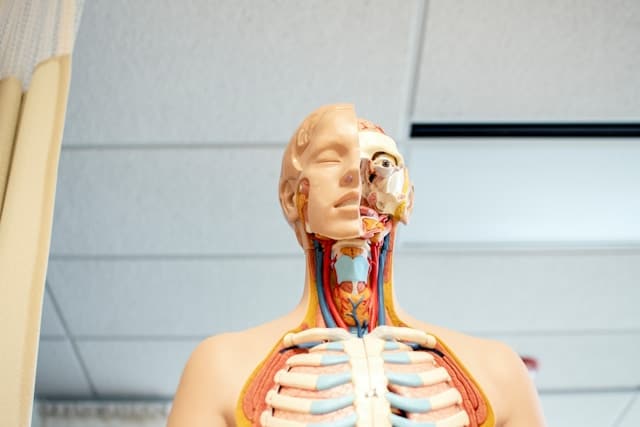
Experiencing pain or difficulty swallowing—especially if it progressively worsens—could be related to esophageal or throat cancer. While acid reflux can also cause this symptom, persistent issues should be checked by a doctor.
10. Hoarseness or Voice Changes
A hoarse voice that doesn’t improve after a few weeks might suggest throat, thyroid, or laryngeal cancer. It can also result from benign conditions like allergies, but when it persists, further examination is necessary.
11. Skin Changes
Any new mole or changes to an existing mole—such as asymmetry, irregular borders, color changes, or increased size—could indicate melanoma. Additionally, yellowing or darkening of the skin may signal liver issues or other types of cancer.
12. Sores That Don’t Heal
Non-healing wounds, especially in the mouth or on the skin, may be an early sign of skin or oral cancer. If a sore bleeds, oozes, or doesn’t heal within a few weeks, it should be evaluated by a healthcare provider.
13. Swollen Lymph Nodes
Lymph nodes are small glands that filter fluid and fight infection. Swelling in the neck, underarm, or groin that lasts more than two weeks could be linked to lymphoma or leukemia. Infections may also cause swelling, but persistent changes warrant testing.
14. Frequent Headaches
Recurring or severe headaches that don’t respond to usual medications may be a sign of a brain tumor. While most headaches are not cancer-related, those that worsen over time or come with vision problems should be taken seriously.
15. Vision Changes
Blurred vision, double vision, or sudden vision loss can point to eye cancer, brain tumors, or other neurological conditions. Persistent visual disturbances need prompt evaluation by an eye specialist or neurologist.
16. Persistent Bone Pain
Aching or sharp pain in bones that doesn’t go away—especially at night or while resting—can be a symptom of bone cancer or cancer that has spread to the bones, such as from breast or prostate cancer.
17. Joint Pain and Swelling
Swollen or painful joints may be an early sign of bone cancer or leukemia. Although joint pain is common with arthritis, pain that is localized, severe, or persistent should be assessed by a healthcare professional.
18. Nausea and Vomiting
Ongoing nausea or vomiting, especially when not tied to food poisoning or infection, may indicate gastrointestinal cancers or brain tumors. If it persists or worsens, medical testing is needed to determine the cause.
19. Persistent or Unexplained Fever
Frequent or long-lasting fevers can be linked to cancers like leukemia or lymphoma. If you experience fever with no obvious cause, especially when paired with night sweats or weight loss, seek medical advice promptly.
20. Night Sweats
Heavy, drenching night sweats that occur regularly—especially without an obvious reason like menopause or infection—could be a symptom of lymphoma or other systemic cancers. Keep track of how often it occurs and consult your doctor if it continues.
Taking Action: Prevention and Early Detection
While these symptoms can sometimes result from non-cancerous conditions, ignoring them can delay diagnosis and treatment. Your best defense against cancer is early detection, regular health screenings, and a healthy lifestyle.
To reduce your risk:
-
Eat a balanced diet rich in fruits, vegetables, and whole grains
-
Exercise regularly
-
Avoid tobacco products
-
Limit alcohol consumption
-
Protect your skin from harmful UV rays
-
Get recommended cancer screenings based on your age and family history
If you notice any of the symptoms listed above, don’t panic—but don’t ignore them either. See a healthcare provider for a professional evaluation. The earlier cancer is detected, the better your chances of effective treatment and recovery.







